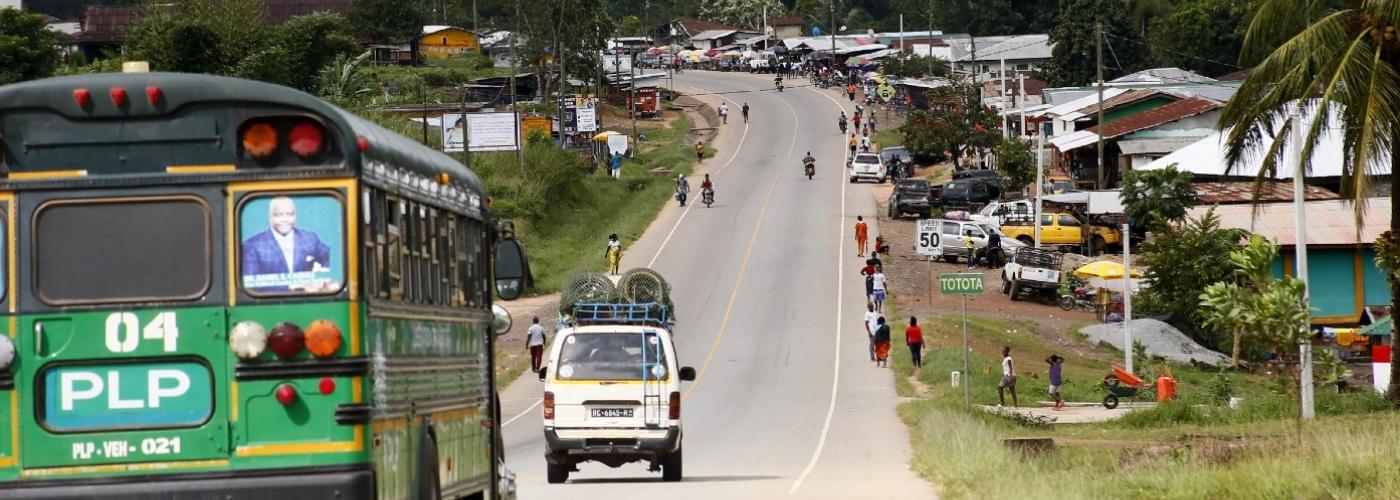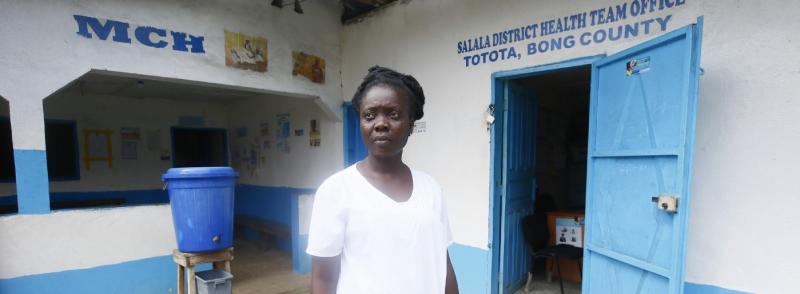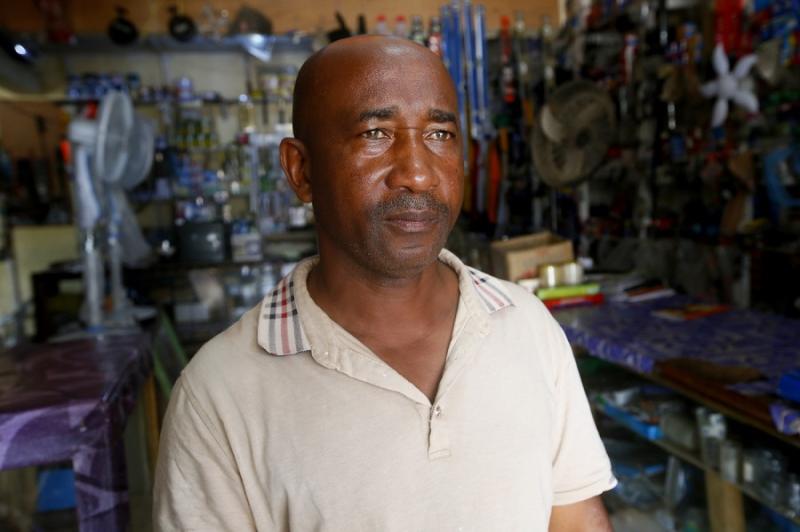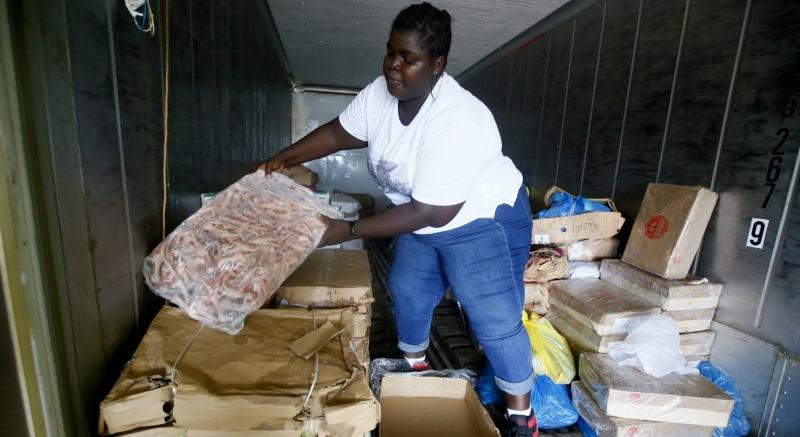The Power of Community: How One Electric Cooperative Is Improving Lives in Rural Liberia
Image

This post was originally published on Medium.
Toyota is a bustling town situated on one of Liberia’s main roadways that caters to commercial truckers and typical vehicle passengers who pass through en route to Liberia’s major cities or neighboring Cote d’Ivoire. Its location makes Totota an ideal trading hub.
But in the past, it suffered from a lack of reliable electricity. Most people had to rely on candles, lanterns, batteries, and small generators to power their homes, health centers, and businesses.
Image

Clarena Pendor, nurse and officer in charge of Totota’s local health center, credits the electricity from Totota Electric Cooperative with improving labor and delivery services. / NRECA International
Then, in 2018, USAID’s Cooperative Development Program partnered with the National Rural Electric Cooperative Association (NRECA) International to advance Totota’s economic growth through electrification. Volunteer linemen from electric cooperatives in the United States joined NRECA International to design, purchase, and construct a microgrid system that today serves nearly 400 households and businesses.
And it’s a community-led system: all 400 households and businesses joined forces to form a cooperative. Today, the Totota Electric Cooperative is powering growth and a brighter future for the community.
Joseph Scott serves as the cooperative’s president. “People join the cooperative because light is life. Light brings us success. More people see the importance of the light. Families now realize that when they have lights in the homes, when they have current, people start businesses, and they know the importance of the light,” he said.
Image

Joseph Scott, the president of Totota Electric Cooperative and a local business owner, wants to share his knowledge of the cooperative model with the community. / NRECA International
And electricity has had other impacts, too. “Because of light in Totota today, we have reduced the crime rate, [and] we have success in the community. In the past, there was fear because there was darkness. Now, there is no fear,” Joseph says. “Today we can enjoy the light, social activities; people sit and can watch television, people are making businesses from morning to night and night to the morning. We now see banks, and people can afford to come here to live. In some homes today, the wife is starting a business, and the husband is starting another business and things are improving.”
“The co-op has changed their lives,” he added.
Clarena Pendor, a nurse and officer in charge at the Totota’s local health clinic, agrees.
“This clinic has been in operation for 15 years. Electricity is most important on the labor and delivery side. With electricity, we don’t have to hold phone lights in our mouths,” she said. “Sometimes, cases can be complicated. When you go to clinics in the rural parts with no electricity, they are holding their phone lights in their hands and tending to people at the same time. So there is contamination.”
That is not the case at Totota’s clinics.
“When electricity came here, it helped us greatly,” Clarena explained. “Now with electricity, I can put my phone on charge at home and I can receive all my calls from work. When I am on the weekend schedule, I will be at my house and they will call me at 2 a.m. for patients in the delivery unit. I will walk now because electricity is in the street, and I can walk from my house and come to the clinic.
“Electricity is helpful to us for security and our safety.”
Image

Joanna Kollie, owner of a frozen food business, in her refrigeration container powered by electricity from Totota Electric Cooperative. / NRECA International
Electricity also has been a boon to businesses. Joanna Kollie owns Quopolu Frozen Food Family Business Center.
“I have owned this business for 10 years, and I sell provisions and agricultural products like seeds, water pumps, and fertilizers. I became a member of the Totota Electric Cooperative from the beginning because it’s beneficial for us, and good for our community,” she said.
“Because of electricity, today we are secure, our children are happier because we have lights in our homes, they have free time to study at night and they can watch their movies,” she said.
“My business has so many impacts on the community,” Joanna continued. “For example, we sell meat and vegetables. People come from around the community to buy from us. We help people and support them, so they can move up too. So they can grow.”
She added: “My plan for the future is we want to expand the business, employ more people, and empower more people. The Totota Electric Cooperative is strong because we, the citizens here, we raised it, we helped support it, and we embraced it.”
Today, the Totota Electric Cooperative is a self-sufficient, locally managed, and financially sustainable power utility. It serves as an example of how community-led organizations like electric cooperatives can transform lives. And, through NRECA International’s partnership with the Cooperative Development Program, similar efforts to electrify rural communities are underway in Zambia.
About the Authors
Zuraidah Hoffman is the International Communications Manager at the National Rural Electric Cooperative Association (NRECA) International. Kristina Evans, a Program Analyst for the Cooperative Development Program (CDP) in USAID’s Local, Faith, and Transformative Partnerships Hub, also contributed to this post.

